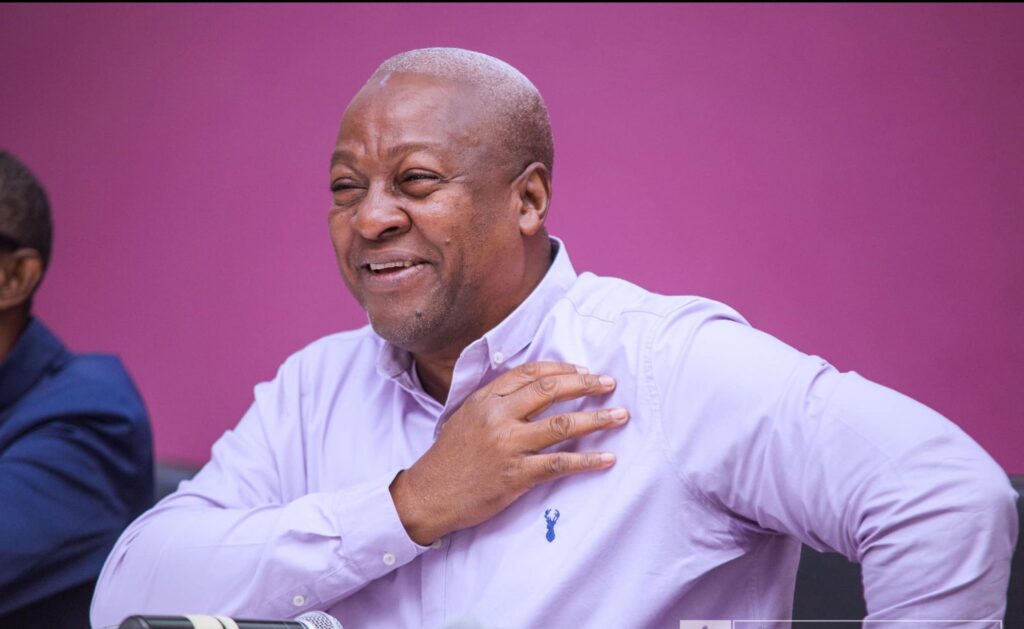Ghana’s Finance Minister, Dr. Cassiel Ato Forson, has declared that the nation has achieved an unprecedented primary surplus of 11.1% of GDP. This “jaw-dropping” figure isn’t just a win; it’s a resounding triumph, obliterating the government’s own modest target of a mere 0.4%
The revelation, delivered during the 2025 Mid-Year Budget Review in Parliament, initially met with stunned silence before erupting into a frenzy of cheers from the majority side.
“This is not just a number; it is a signal — a signal that fiscal sanity is back!” Dr. Forson proclaimed, his words reverberating through the chamber.
Just a year ago, Ghana’s economy was in dire straits. A monstrous debt, crippling interest payments, and abysmal revenue collection had created a “toxic cocktail of economic uncertainty.” But in a dramatic turnaround, barely 200 days into the new administration, the narrative has flipped on its head.
According to Dr. Forson, this extraordinary surplus is the fruit of aggressive expenditure control, the ruthless elimination of waste, and a relentless push for increased domestic revenue.
The introduction of an enhanced E-tax system, improved compliance from major taxpayers, and drastic cuts in non-essential government spending were the bedrock of this monumental achievement.
Why This Surplus is a Game-Changer
A primary surplus means one thing: the government is finally living within its means. Revenues have soared past non-interest expenditures, signaling Ghana’s readiness to slash its colossal public debt.
For investors and lenders, this isn’t just good news; it’s a powerful declaration of credibility and trustworthiness.
“This 11.1% primary surplus is not just record-breaking; it is economically transformative!” Dr. Forson thundered. “It means we are no longer borrowing to pay salaries or for recurrent expenditures.”
This surplus marks a forceful reassertion of fiscal control, reassuring both the international community and ordinary Ghanaians that the nation’s finances are, at long last, on a sustainable path. Development partners and credit rating agencies, who previously sounded alarm bells, are now expected to react with resounding positivity.
Already, Ghana’s risk premium has plummeted in global markets, and whispers are growing louder about a potential return to the Eurobond market in 2026, under significantly more favorable borrowing terms.
Mahama’s Masterstroke
Dr. Forson unequivocally attributed this staggering success to the visionary leadership of President John Mahama. “This is what responsible governance looks like,” he declared. “We are restoring Ghana’s economic dignity.”
He further pledged that fiscal transparency and the regular publication of budget performance updates will remain cornerstones of the administration’s economic strategy.
While government officials and their allies have lauded this unprecedented milestone, some civil society organizations have urged the government to leverage this newfound fiscal muscle to prioritize critical social spending, particularly in health, education, and job creation.
If sustained, this remarkable fiscal performance could usher in a new economic era for Ghana – one defined by budget credibility, prudent public finance management, and unwavering investor trust.
The numbers don’t lie. For the first time in years, Ghana isn’t scrambling to catch up. It’s leading the charge, carving out a bold new path towards economic recovery and prosperity.
By Leo Nelson


